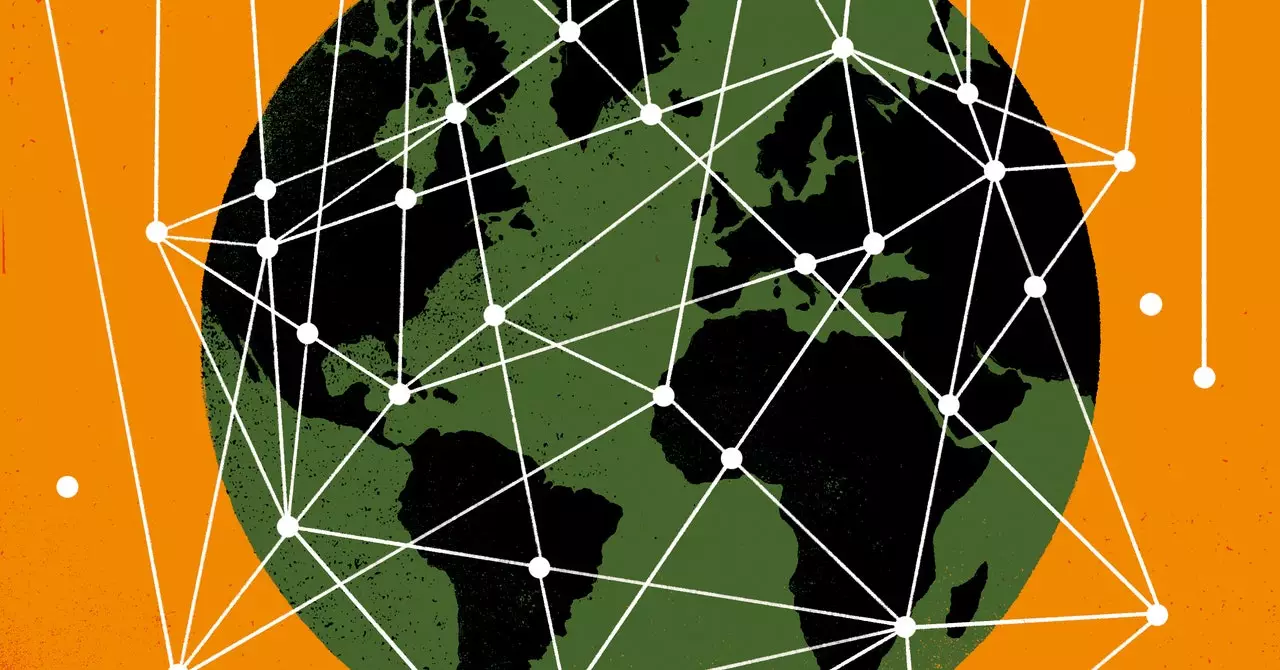As we look towards 2025, the landscape of artificial intelligence (AI) and geopolitics is poised for significant transformation. The current era, marked by an intense clash between rapid technological advancement and ethical concerns, reflects a complex interplay reminiscent of a gold rush juxtaposed with moral panic. Following the rise of influential AI models, including ChatGPT, a palpable urgency has emerged among political leaders and technological innovators regarding the potential risks posed by AI. In 2023, alarming calls from prominent figures like Elon Musk and Steve Wozniak for a pause in the development of superadvanced AI underline the growing fear that AI could parallel global crises such as nuclear warfare or pandemics.
The discourse surrounding AI has not only raised alarm but also highlighted a concerning trend towards AI nationalism, where global competitors seek dominance in technological capabilities rather than collaboration. This inclination manifests itself in policy decisions that echo a battle philosophy rather than a cooperative framework. Countries are increasingly driven by a desire to assert their technological supremacy, evidenced by significant policy moves that stifle international collaboration.
In recent years, policy frameworks, such as China’s ambitions articulated in its “New Generation AI Development Plan,” reveal the intense commitment to ascend as a leader in AI by 2030. Simultaneously, the United States has reacted with protective measures such as the CHIPs and Science Act, designed to maintain its competitive edge by restricting semiconductor exports to China. This strategizing amplifies a zero-sum mentality surrounding AI development, wherein advancements by one nation are perceived as setbacks for another.
Such a competitive approach raises important ethical questions: Are we framing AI development as a race that necessitates aggressive tactics? Or can we view it as a collaborative opportunity for joint progress? Lessons drawn from the Cold War era suggest that nations can pursue technological achievements while still fostering diplomacy. For instance, during the space race, the U.S. managed to establish positive international relations, culminating in treaties that withheld space from militarization and declared it as a shared domain for all humanity’s benefit. Unfortunately, this spirit of partnership has not mirrored our approach to AI discussions.
However, there are indications that we might shift away from the prevailing nationalism and embrace a future predicated on collaboration and mutual benefit. The anticipated AI Summit in France in 2025, spearheaded by President Emmanuel Macron, symbolizes this potential pivot. Moving beyond the restrictive narrative of AI safety and risk, Macron is advocating for a more inclusive dialogue encompassing pragmatic solutions, regulations, and standards that consider the social implications of AI, thus reorienting the discourse toward collective well-being.
Moreover, the recent initiatives from the United Nations to bridge the gap in global AI conversation, addressing the exclusion of certain countries, depicts a growing recognition that comprehensive dialogue is essential to harness AI effectively. Importantly, diplomatic overtures between global superpowers, such as the establishment of a bilateral consultation channel on AI between the U.S. and China in 2024, illustrate early signs of a cooperative spirit emerging from nationalist tendencies.
While the evolving scenario is encouraging, the most pressing challenge remains the alignment of technological innovation with ethical governance. As countries begin to acknowledge the interdependencies inherent in AI development, a robust legal and ethical framework must accompany the technological advancements. Achieving a balance between fostering innovation and ensuring ethical guidelines, particularly in the context of sensitive areas like data privacy and algorithmic bias, will be crucial for the broader acceptance and success of AI on a global scale.
To this end, the upcoming years will be essential not just for shaping AI policy but also for defining the global narrative around technology. If leaders can shift their focus from a nationalistic approach to one rooted in international cooperation, the era of AI could be characterized not by division but by shared goals and methodologies that prioritize human welfare over competition. As we navigate these pivotal discussions, let us cultivate an inclusive and constructive dialogue that emphasizes the benefits of collaboration in advancing AI technology. Ultimately, the success of AI on the global stage will hinge on our collective ability to embrace partnership over rivalry.


Leave a Reply